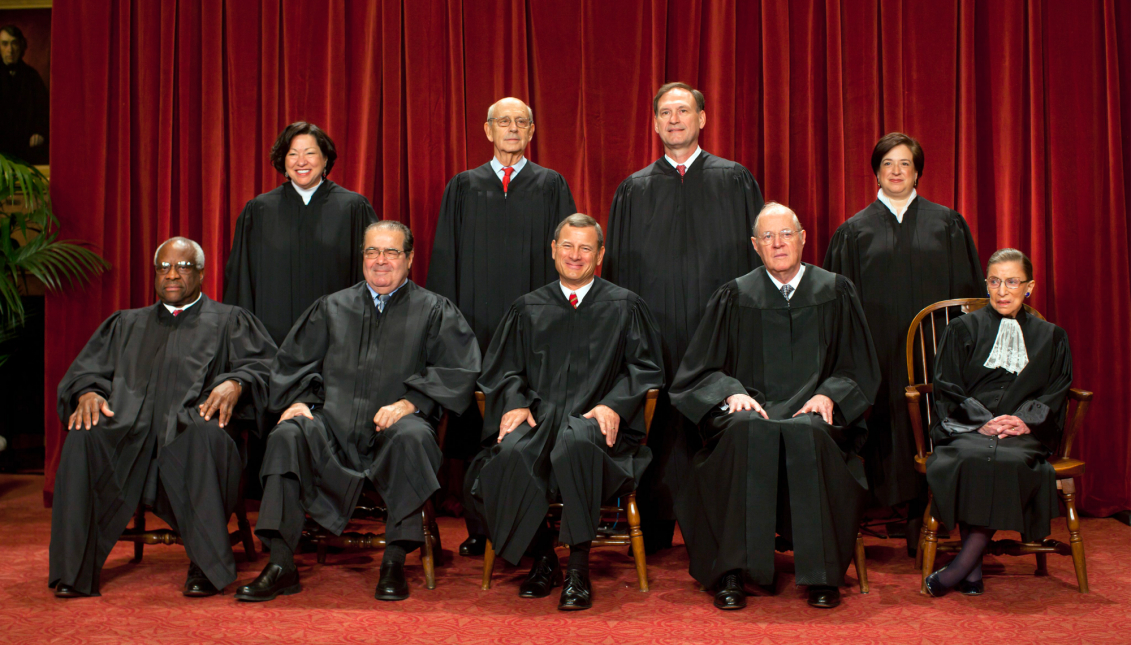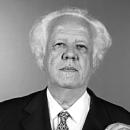
Supreme friendship
MÁS EN ESTA SECCIÓN
There may be no Supreme Court Justice whose interpretation of the Constitution I like less than Antonin Scalia's.
In arguing a recent affirmative action case, Scalia suggested that African-American students would be better served by attending “slower track” colleges rather than more competitive ones, and he dissented with the majority’s decision to strike down portions of Arizona’s anti-immigrant SB 1070.

A Catholic, he echoed the conservative wing of the American Church’s paradoxical “culture wars” stance, seeking to limit abortion rights while upholding the death penalty. His dissents on rulings that touched upon LGBT rights — be it legalization of same sex marriage or decriminalization of gay sex — reiterated his scorn of those issues as part of a “homosexual agenda.”
He is perhaps best remembered for his lead on the ruling that stopped the Florida recount in the George Bush-Al Gore 2000 contested presidential contest.
In almost every instance, Scalia’s opinions were the polar opposite of the opinions held by his colleague Ruth Bader Ginsburg (now widely and affectionately known as the notorious RBG), and yet, they were fast friends.
Scalia and Ginsburg shared meals, vacations, New Year’s Eve gatherings, a love for opera. In fact, an opera was written about their enduring and unlikely friendship (“Scalia/Ginsburg”).
In an era of seemingly insurmountable political division, and polarization that is often expressed in ad hominem attacks, the justices’ model of friendship is the only part of Scalia’s legacy I can wholeheartedly embrace.
A sweet segment from CNN about the Ginsburg-Scalia friendship:
A 60-Minutes profile of Scalia that includes questions to Ruth Bader Ginsburg about their friendship:
An hour-long Kalb report point-counterpoint between Scalia and Ginsburg on the First Amendment:
A selection from the opera “Scalia/Ginsburg” by Derrick Wang:






DEJE UN COMENTARIO:
¡Únete a la discusión! Deja un comentario.